The Vatican yesterday announced that it will cut the phone signal within the tiny city state during the conclave to elect a new pope, but stated that this would not affect St Peter’s Square.
The office of the presidency of the Governorate of the Vatican City State said that “all the transmission systems of the telecommunications signal for mobile telephones present in the territory of the Vatican City State … will be deactivated” from 3pm on May 7 (today).
“The signal will be restored after the announcement of the election of the supreme pontiff,” it said in a statement.
Thousands of faithful are expected to gather in the square in front of St Peter’s Basilica to await the announcement of a successor to Pope Francis, who died on 21 April. A total of 133 cardinals from across the globe will gather in the Vatican’s Sistine Chapel on Wednesday to begin voting for a new head of the world’s 1.4 billion Catholics.
The election is carried out in utmost secrecy and the cardinals will be required to leave their mobile phones behind when they enter the conclave, an AFP report, quoted by the UK Guardian said.
Cardinals who will take part in the secret conclave to elect a new Catholic pope began checking into two Vatican hotels on Tuesday, where they will be barred from contact with the outside world as they decide who should succeed Pope Francis.
The conclave will start behind the closed doors of the Sistine Chapel this afternoon, with all cardinals under the age of 80 able to vote on who should be the next leader of the Church.
The race to succeed Francis, who died last month, is seen as wide open. Although a few names have been cited as possible front-runners, several of the 133 cardinals expected to vote in the conclave have said they do not know who will become the next pope.
Massive Sensitisation By Religious, Traditional Leaders Responsible for Polio Vaccination Exercise Success in Bauchi
Segun Awofadeji in Bauchi In Bauchi State, household heads, caregivers and service providers have attributed the successful…
“I have no guess,” Cardinal Robert McElroy said during a visit to a parish in Rome on Monday evening. The conclave process is “profound and mysterious,” said McElroy, the archbishop of Washington, D.C. “I can give you no insights into who is ahead,” he told Reuters.
Some cardinals are looking for a new pope who will continue with Francis’ push for a more transparent, welcoming Church, while others are seeking retrenchment to more traditional roots that put a premium on doctrine.
Conclaves are often spread out over several days, with multiple votes held before a contender wins the necessary three-quarters majority to become pope. During the conclave period, the voting cardinals will stay in two Vatican guesthouses and take an oath to remain out of contact with anyone not participating in the secret vote.
Francis had a priority of appointing cardinals from countries that had never had them before, such as Haiti, South Sudan and Myanmar.
This conclave will be the most geographically diverse in the Church’s 2,000-year history, with clerics from 70 countries taking part.
Japanese Cardinal Tarcisio Isao Kikuchi told La Repubblica newspaper that many of the 23 cardinals from Asia voting in the conclave planned to vote as a block.
He contrasted their strategy with that of the 53 cardinals from Europe, who are known to vote in terms of individual countries or other personal preferences.
“We Asians are probably more unanimous in supporting one or two candidates … we will see which name will come out as the leading candidate,” said Kikuchi.

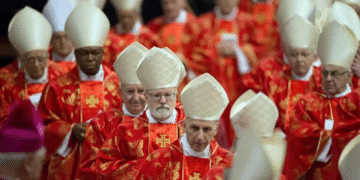
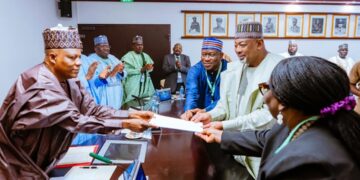
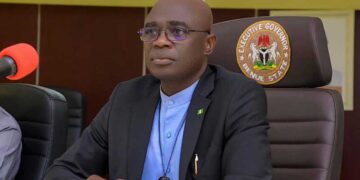
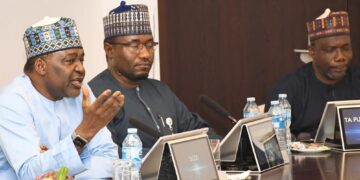
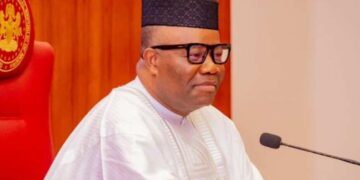
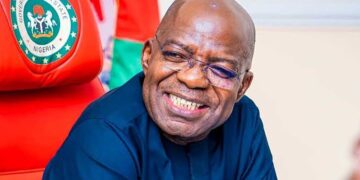





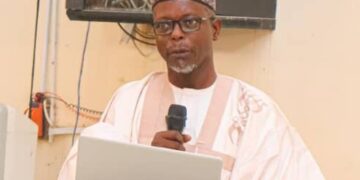




























Discussion about this post